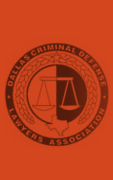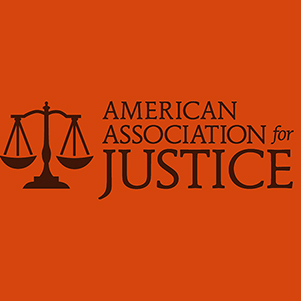
Being falsely accused of sexual assault can have devastating effects on both personal and professional life. These accusations can arise from misunderstandings, personal vendettas, or malicious intent, leaving the accused to deal with severe emotional and professional repercussions. You can take steps to clear your name and defend yourself, but this isn’t a task to handle by yourself. Suing for false accusations requires a thorough understanding of the law.
Understanding False Accusations
False sexual assault allegations occur when someone is wrongfully accused of committing a sexual assault, often due to misunderstandings, mistaken identity, or malicious intent. These accusations, though relatively rare, can have significant consequences for the accused, impacting their reputation, emotional well-being, and professional life. The impact of a false allegation can be profound and enduring, affecting aspects of your personal life, mental health, and relationships with family and friends.
What Is the Percentage of False Sexual Assault Accusations?
Determining the exact percentage of false sexual assault accusations is challenging due to the variability in definitions, methodologies, and reporting practices used in different studies. For example, a review of research by the National Sexual Violence Resource Center (NSVRC) indicates that false reporting rates for sexual assault are consistent with those for other crimes, ranging between two percent and eight percent.
Legal Options for the Wrongly Accused
It’s natural to consider your legal rights and options if you’re dealing with false sexual assault allegations. Generally, direct legal action for the accusation itself is not available. Still, you may have grounds for a defamation lawsuit if the false allegations result in reputational damage or harm. You’ll want to consider the following:
- Criminal vs. Civil Litigation – In criminal cases, the focus is on determining guilt or innocence, and the state bears the burden of proof. In civil cases, the focus shifts to determining whether the false statements caused harm. A defamation lawsuit falls under civil litigation and addresses damage to your reputation and any financial or emotional losses incurred.
- Gathering Evidence – Collecting and presenting evidence is paramount in both criminal and civil cases. For a defamation lawsuit, you must gather evidence demonstrating the false nature of the accusations and the harm they caused. This includes witness statements, communications, and any other relevant documents. Evidence might include alibis, surveillance footage, or character witnesses in criminal cases.
- Documenting Losses – To strengthen your defamation case, you must document the impact of the false accusations on your life. This includes showing how the allegations affected your relationships, career, and mental health. Providing concrete evidence of harm can help substantiate your claims and support your case in court.
What to Do If You’re Falsely Accused of Sexual Assault

If you’re facing false accusations of sexual assault, you should take immediate steps to protect yourself and seek justice, including:
- Seek Legal Counsel – Consult an experienced lawyer who focuses on wrongful accusation cases. Their specific experience can provide insight into your circumstances and the best course of action for your case. They can guide you through the legal process and help you understand your rights and options.
- Gather Evidence – Collect evidence supporting your innocence or refuting the false claims. This includes alibis, witness statements, and any relevant documentation.
- Document Everything – Keep detailed records of all interactions related to the accusation. This documentation can be valuable in legal proceedings and for protecting your reputation.
- Avoid Public Statements – Be cautious about discussing the case publicly or on social media. Public statements can complicate legal proceedings and might be used against you.
- Focus on Clearing Your Name – Work with your attorney to clear your name through legal channels. This includes addressing the accusation in court and pursuing a defamation lawsuit if appropriate.
- Seek Emotional Support – Dealing with false accusations can be emotionally taxing and negatively affect your mental health. Seek support from friends, family, or mental health professionals to help you cope during this challenging time.
Contact an Experienced Dallas Sex Crimes Lawyer
If you’re facing false sexual assault accusations, act quickly and decisively to protect your rights and your future. You deserve a vigorous defense. At the Law Offices of Mark T. Lassiter, our Dallas sex crimes lawyer knows the impact of such accusations can be devastating, leaving you feeling hopeless, isolated, and alone. With our compassionate and understanding representation, you’ll feel better knowing we’re working tirelessly to gather evidence and build a robust defense to help you clear your name. Call our law firm at (214) 845-7007 or contact us online for your free, confidential, no-obligation consultation today. Ask us anything about your case.
Related Posts:
Can I Be Charged with Gross Sexual Imposition in Texas?
The Long-Term Consequences of a Sex Crime Conviction in Texas








